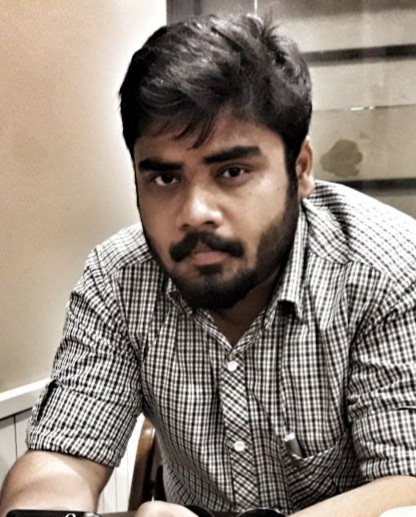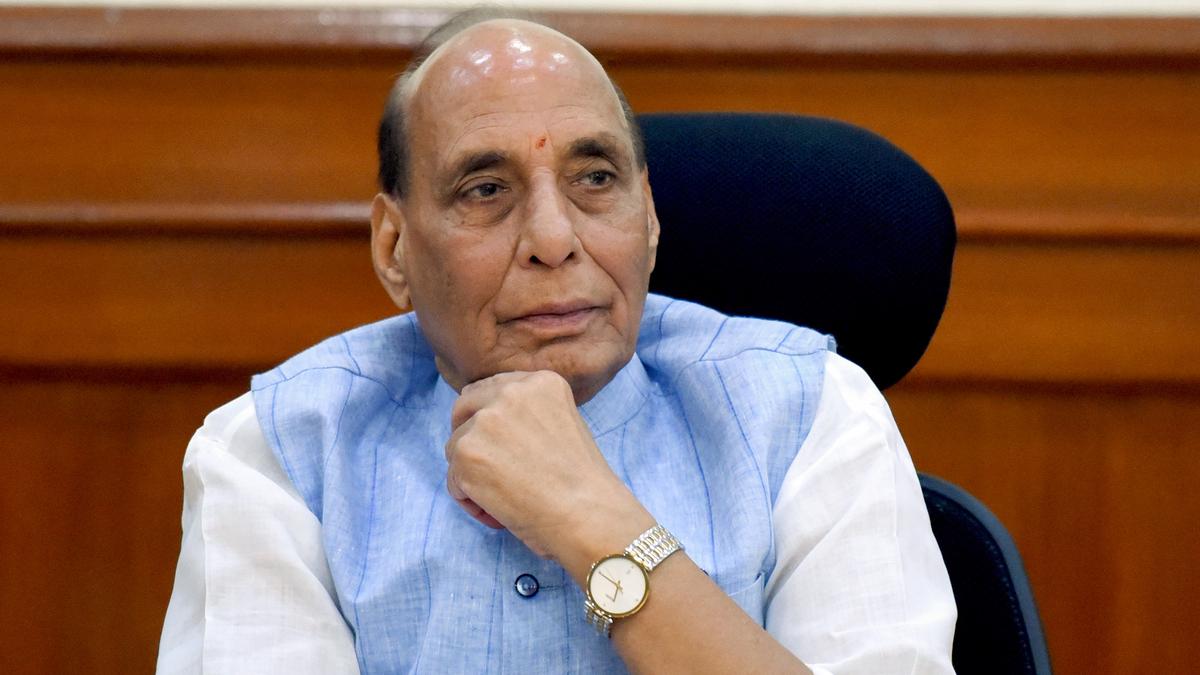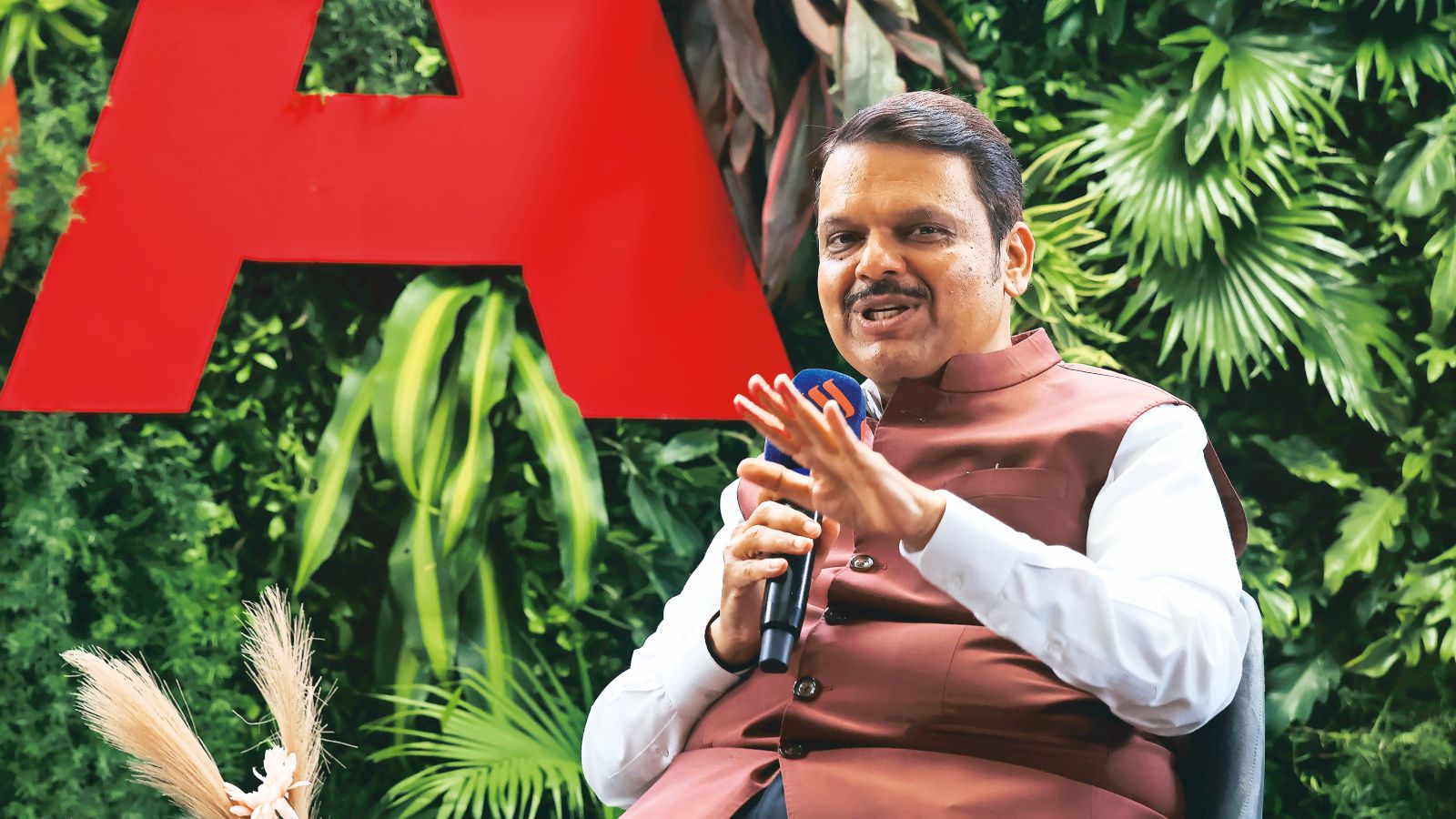ARTICLE AD BOX
Last Updated:June 19, 2025, 22:42 IST
In a letter dated June 19, two former Air India cabin crew members have alleged that they warned the airline of safety lapses but were terminated for speaking up

The key allegations are that Air India ignored warnings on aircraft defects and overlooked multiple complaints on technical glitches with the Boeing 787/8 Dreamliner, the same model type of the crashed flight 171.(Image: AP/File)
Amid multiple flight cancellations or delays over technical glitches, post the Dreamliner crash in Ahmedabad on June 12, whistleblowers have raised concerns over Air India’s safety standards.
The whistleblowers told News18 that they were silenced with terminations when they flagged safety lapses to Air India, but the airline service denied the allegations and said there was “no wrongdoing", as determined by the Directorate General of Civil Aviation (DGCA), on its part and passenger safety was its highest priority.
WHAT ARE THE ALLEGATIONS?
In a letter dated June 19 (Thursday), two former Air India cabin crew members alleged that they warned the airline of safety lapses but were terminated for speaking up.
According to the letter, they raised a specific incident on May 14, 2024, when a door number L4’s slide raft opened in manual mode. This was confirmed in writing by the pilot.
The whistleblowers said the Directorate General of Civil Aviation (DGCA) conducted only an “informal discussion", but there was no formal probe into the incident.
The key allegations are that Air India ignored their warnings on aircraft defects and overlooked multiple complaints regarding technical glitches with the Boeing 787/8 Dreamliner, the same model type of the crashed flight 171. They said there was pressure on them by the airline to alter their statements, which they refused.
They alleged that after they refused to change their statements, they were terminated without any proper inquiry.
Deven Kanani, a captain terminated by Air India allegedly without an official inquiry in 2023 – four months after he had flagged a safety concern with the airline – said he had raised issues with oxygen availability in the Delta 777 aircraft flying the San Francisco-Mumbai route.
Kanani said the aircraft were not fit for the route from San Francisco to any place in India as they passed over high maintenance terrain, where depressurisation can happen.
“It means that passengers and crew would need oxygen or they’ll pass out. So, in these cases pilots start descending to reach an altitude of 10,000 feet that is not safe but acceptable. Pressurisation happens at 13,500 feet. It is at 10,000 feet that the aircraft systems raise warnings. The Delta 777 aircraft were carrying 12 minutes of oxygen and the law states 10 minutes of oxygen is fine, but only in certain conditions. This route violated those conditions," Kanani said.
He said the airline was endangering the lives of thousands by flying on this route for years.
WHAT DO EXPERTS SAY?
An expert told News18 that technical snag or glitch in an aircraft is an umbrella term. While these are common, after the Dreamliner crash, airlines and aircraft operators were being more cautious and even the tiniest glitch is being addressed with seriousness.
“Technical snag or glitch in an aircraft is an umbrella term that may mean any system malfunction including issues with various aircraft systems like the engine, hydraulics, electrical, fuel, or flight control systems. It may also be sensors related or issues with instruments in the cockpit," the expert said.
The expert added: “This also is a reason why we are seeing an increase in flights being grounded or called back following technical issues."
WHAT DID AIR INDIA SAY?
Kanani apparently won the case against his termination before the high court, which observed: “We are of the view this is not a matter of bilateral dispute between two parties, but a matter that involves issues of a wider social impact involving flight safety and passenger safety."
Responding to Kanani’s remarks, Air India said he has raised alarms with limited basis even before the privatisation of the airline.
“…This particular matter in question is multi-dimensional and has already been examined by Air India and external experts. It is entirely incorrect to say Capt Kanani won the case in the Bombay High Court," a spokesperson said.
The spokesperson said the high court stressed that it was not expressing a view on the merits of the matter and, owing to its technical nature, referred the question to the DGCA.
“The DGCA considered the matter and found that there was no wrongdoing on Air India’s part, as alleged by Kanani before the court," the spokesperson added. “Capt Kanani repeatedly refused to comply with legitimate company requests and was accordingly terminated from service."
Air India reiterated that passenger and crew safety was its “foremost priority and there is no compromise on the same".

Anvit Srivastava, Principal Correspondent at CNN-News18, covers crime, security, policing and society in Delhi. His impactful ground reports have helped him make his mark among the select credited journalists i...Read More
Anvit Srivastava, Principal Correspondent at CNN-News18, covers crime, security, policing and society in Delhi. His impactful ground reports have helped him make his mark among the select credited journalists i...
Read More
- Location :
- First Published:
News india Whistleblowers Raise Concerns Over Air India Safety Standards, Airline Says 'No Wrongdoing'



.png)
.png)
.png)
















 5 hours ago
5
5 hours ago
5









 English (US) ·
English (US) ·